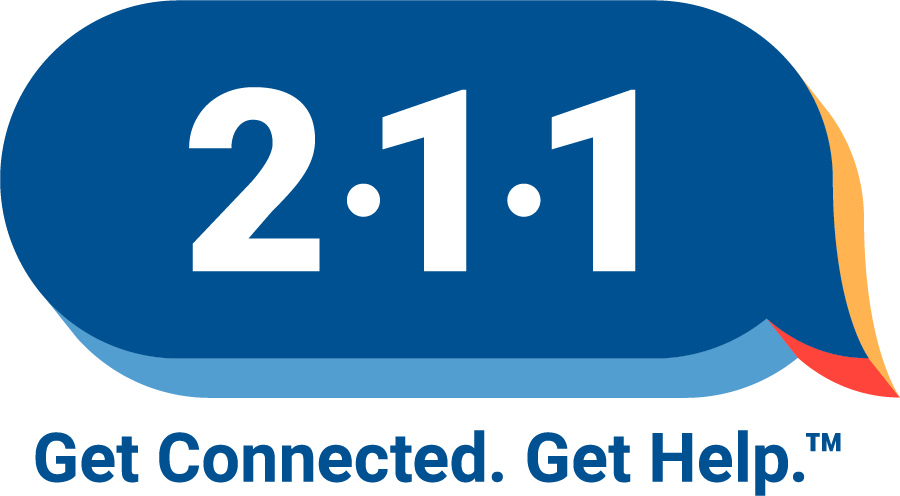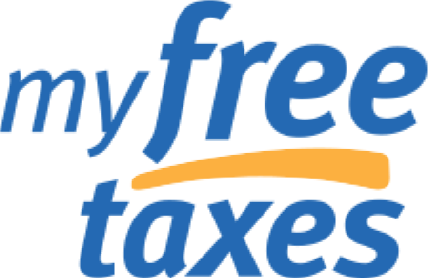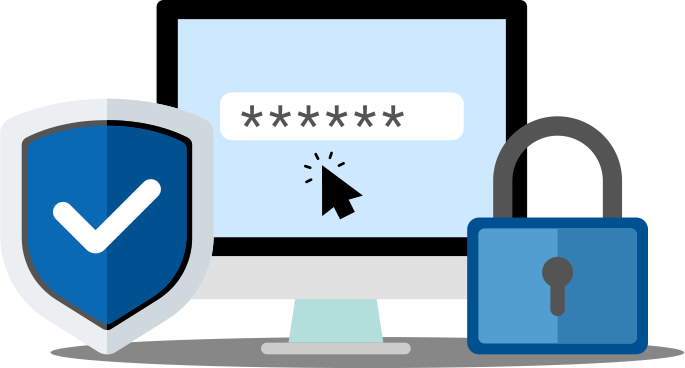United Way’s Support For Voter Engagement
United Way’s mission is to mobilize the caring power of communities for the common good. For over 130 years, United Way has brought together leaders in communities to solve problems in a non-partisan manner. Engaging citizens and encouraging them to be actively involved in their communities is at the heart of how we advance our mission.
Today, our role is even more critical than ever. We know that it takes engaged citizens, working in good faith, from all sectors – community, business, labor, government and charitable – to improve the quality of life in our communities. Elevating community voice is fundamental to solving our nation’s most challenging community problems and helping people become active, engaged and empowered members of their communities is critical to creating strong, healthy, equitable and resilient communities.
This is why we are committed to expanding participation in our democracy. There is a deep connection between participating in community life and voting. Voting is how we express our hopes and dreams for our shared future. It is also the most fundamental right for all American citizens, upon which all other rights and liberties depend.
United Ways in California and across the country have been mobilizing people to vote and be champions for their communities for years, and this year we are activating our network to increase our efforts. United Way is well suited for this work given our presence in in virtually every county and town. We are already working with the communities most in need through the direct services we provide. At a time of low trust in government, we are also trusted to engage people in participating in the political process and making their voices heard.
We are in the business of bringing communities together, and during these trying times, when so many resources are targeted on driving our communities apart, we must do what we can bring more voices to express their view of the common good.
Accordingly, we commit to leveraging our assets, partners and investments to make certain that voting is safe, accessible and fair nationwide. In particular, we fight to:
- Increase access to voting: We believe that when more Americans can participate in elections, our communities are stronger, healthier and more resilient. Candidates and campaigns seek out and respond to communities with higher voter registration and turnout rates. When our communities participate, we have more access to decision makers, increased influence, and a greater chance to have our issues addressed. Our work to help more people register to vote and participate in the democratic process creates more active citizens and stronger communities.
- Ensure voting is safe: We are committed to doing our part to ensure that all Americans can vote safely, particularly in the wake of COVID-19. We believe that no one should have to make the difficult decision about whether to exercise their right to vote or their right to be healthy. State and local governments should provide people with voting options, such as early voting, responsive online and/or same-day registration, and absentee voting, to reduce their risk of contracting the coronavirus and protect the health of vulnerable groups such as older adults and people with an increased risk of severe COVID-19. We support efforts to promote safe voting alternatives to ensure people won’t have to risk their health for exercising their democratic duty.
- Elevate community voice: United Ways reach people often missed by political campaigns, contributing to more active citizenship and an electorate that more fully represents the communities we serve. Our democracy is not perfect. It has historically disenfranchised Black Americans and women, but through decades of struggle and advocacy, we have moved closer to the ideals set out in our Constitution. Yet today, too many Black and Brown Americans still are excluded, if not by law then by how our elections are administered. Local United Ways are uniquely positioned to reach individuals across the country who are younger, lower-income, and more diverse than the general public—groups that historically participate in voting at lower rates.




